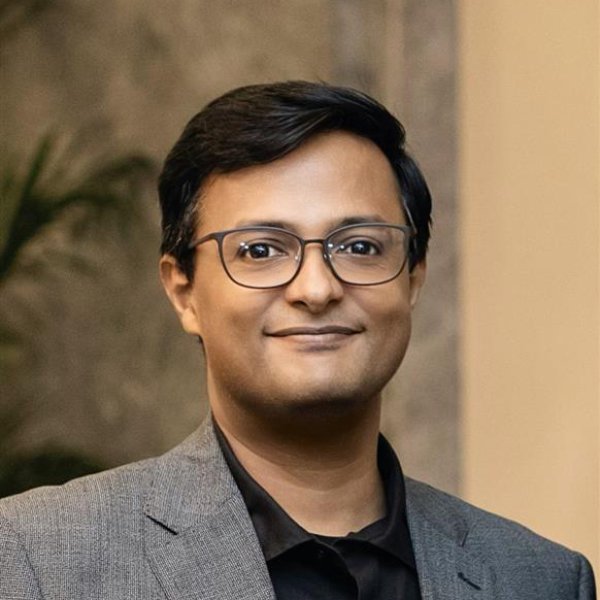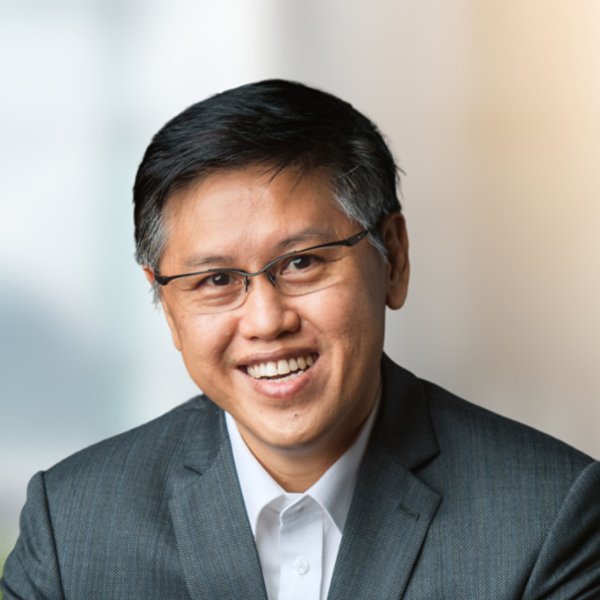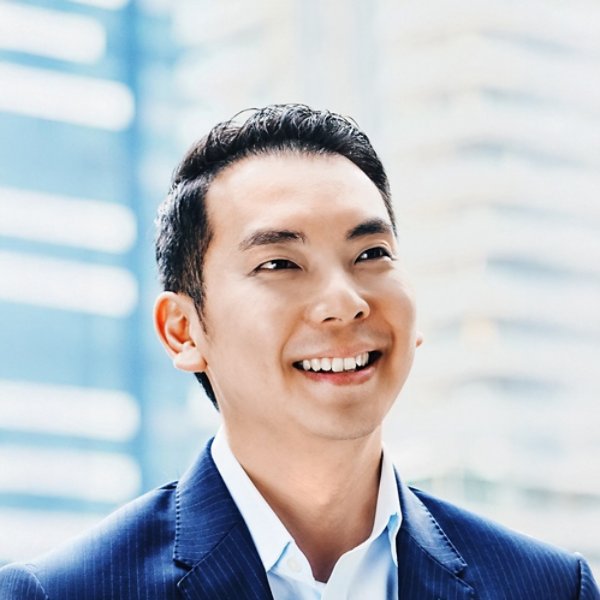
As AI becomes a fixture in corporate strategy discussions, many companies are struggling to translate ambition into execution. Most enterprises are not yet winning with AI because of technical complexities and a lack of in-house skills, according to the 2025 Kyndryl People Readiness Report. In fact, 71% of business leaders believe their workforces are not ready to use AI successfully. Meanwhile, only 14% of companies — the pacesetters in their industries — are deploying AI for commercial use while enhancing their employees’ skills.
To help close that gap, Kyndryl has opened an AI Innovation Lab in Singapore to support experimentation, co-creation and skill-building across the region. Early adopters in the region are already engaging with Kyndryl to explore use cases that improve operational efficiency and decision-making.
Among them is Vietnam SuperPort, the country’s first and largest multimodal logistics hub, which is working on generative AI solutions to accelerate X-ray image analysis and document validation. Frasers Hospitality, headquartered in Singapore and operating in 40 cities globally, is exploring AI to support its complex hospitality operations.
Here, Dr. Vishnu Nanduri, Kyndryl’s Head of AI and Innovation, speaks with Ian Loe, Managing Director of Technology and Innovation at Frasers Hospitality, and Dr. Yap Kwong Weng, CEO of Vietnam SuperPort at YCH Group, about the ways their organizations are applying AI to solve operational challenges — from streamlining hospitality services to accelerating logistics processes with generative AI.
Vishnu Nanduri: What does AI innovation in ASEAN, particularly Singapore, signal for the region, and what problem should it solve next?
Yap Kwong Weng: AI is growing fast in ASEAN, with Singapore at the forefront thanks to strong R&D investment, talent development and robust governance. One big challenge AI can help with is making supply chains more resilient — by using data to predict disruptions and optimize logistics in real time.
Nanduri: What are some of your biggest challenges that led to harnessing the power of AI?
Ian Loe: We operate in 20 countries, so providing a consistent, high-quality customer experience is critical to our brand. One of our biggest challenges was making sure our training manuals were up to date and easy to understand. This is extremely difficult if you develop rules and protocols at the head office in English — which is not the first language in many of our locations. We couldn’t afford to let language barriers and misinterpretations compromise the quality of our service. We needed a partner with expertise in AI, text-based videos and language translation, and Google recommended Kyndryl as one of their key partners.

Vishnu Nanduri
Head of AI and Innovation,
Kyndryl

Ian Loe
Managing Director of Technology and Innovation, Frasers Hospitality

Yap Kwong Weng
CEO of Vietnam SuperPort,
YCH Group
Nanduri: How did Kyndryl help you address this challenge?
Loe: Kyndryl developed an AI-infused solution that converted video to documents and flow charts. We were able to upload videos of our employees performing their tasks. The system then converted the videos into operations guides with written text and visual charts. The program then translated these materials into Japanese, Korean and Mandarin so we could train all employees to the same standard, regardless of their primary language. And Kyndryl delivered this solution in less than eight weeks.
Nanduri: What differentiated Kyndryl’s delivery of a generative AI solution?
Kwong Weng: Kyndryl transformed our complex logistics challenges into a clear and scalable AI solution. By combining automated X-ray image analysis with document validation, Kyndryl addressed two key issues — manual inspections and paperwork. Kyndryl’s generative AI capabilities were not just technically robust, they also aligned strategically with challenges that are common across our industry. The solution was practical, well-integrated and addressed two critical real-world operational issues — reducing risk through AI-driven inspections and accelerating document verification to support compliance. Kyndryl’s technical expertise and understanding of our industry delivered immediate value for us.
Nanduri: What benefits do you anticipate from AI?
Loe: We’ve seen what AI can bring and how fast it can be delivered. It has helped our organization speed up training processes, reduce documentation costs and improve the currency of our training materials. We now have consistent training materials across the organization, enhancing our overall quality of service.
Kwong Weng: Because documentation is so critical to our business, we expect faster inspections, fewer errors and improved compliance. X-ray AI can increase inspection speed and accuracy by 40% to 50%. And AI-infused documentation solutions can enhance overall efficiency by 30% to 40% by automating checks for hazardous materials. We want our people and the cargo they handle to be safe, and AI solutions help ensure that safety while allowing employees to focus on tasks that require greater human intervention.


